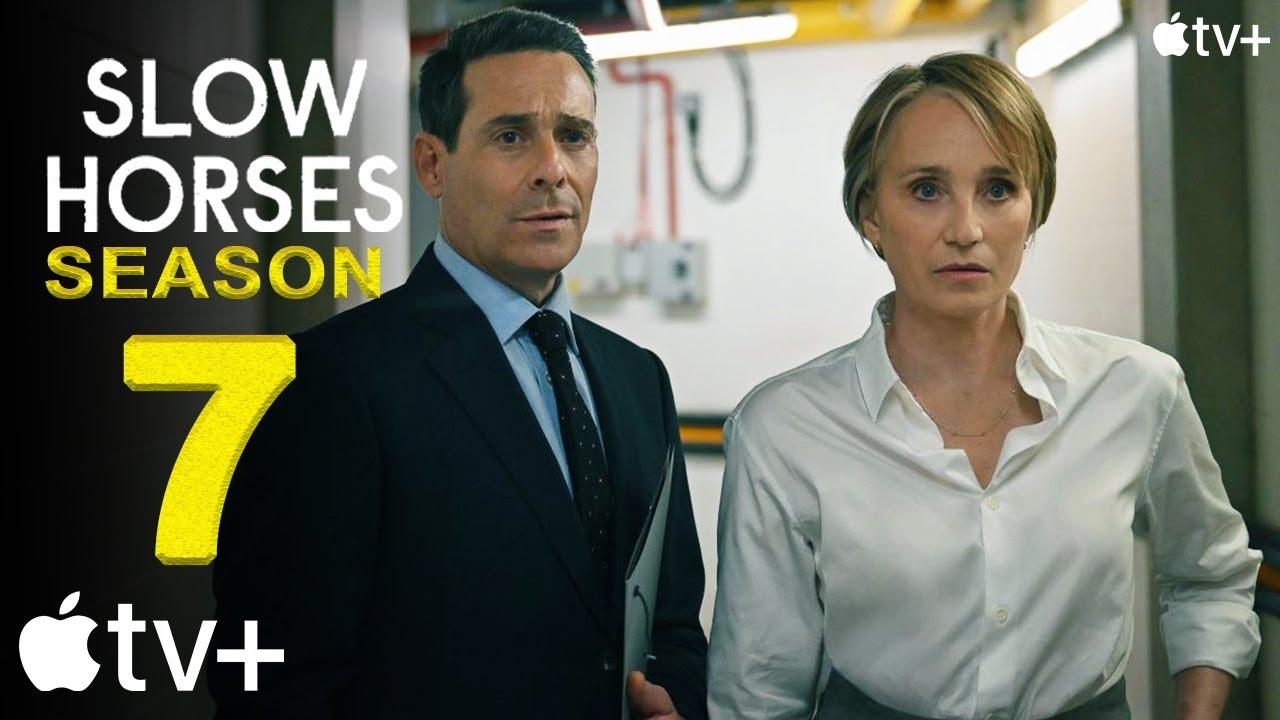Understanding ‘Slow Horses’: A Modern Espionage Thriller

Introduction
In recent years, the espionage thriller genre has seen a remarkable transformation, thanks in part to the insightful narratives that engage both avid readers and new audiences. One of the most pertinent examples is Slow Horses, a novel written by Mick Herron that has captured widespread acclaim, not just for its storytelling but also for its exploration of contemporary spy dynamics. As espionage becomes more entwined with political and societal changes, Herron’s work stands out as a significant commentary on the state of intelligence operations today.
The Premise of ‘Slow Horses’
The story revolves around a group of disgraced MI5 agents, often referred to as ‘slow horses’, who are relegated to a desk job in a rundown building known as Slough House. These intelligence officers, marginalized for previous errors, are tasked with minor assignments, far from the excitement of field activities. However, as new threats arise, their hidden expertise and resilience become crucial in navigating complex espionage challenges.
Recent Developments
As of October 2023, Slow Horses has gained renewed attention following the successful adaptation into a television series on Apple TV+. With acclaimed actors such as Gary Oldman leading the cast, the show has provided a fresh perspective on the source material, drawing in viewers unfamiliar with Herron’s novels. The gripping portrayal of failing spy culture and the frequently overlooked aspects of intelligence work resonates with modern audiences, particularly amidst current global upheavals.
Recent episodes have highlighted the balance between dark humour and intense drama, presenting the characters’ personal struggles alongside tense plotlines. This duality has sparked discussions regarding the future of espionage and whether honour and competence can ever unify in such a fragmented landscape.
Conclusion
As the literary and cinematic world continues to explore the intricate layers of intelligence work through stories like Slow Horses, readers and viewers alike are encouraged to reflect on the broader implications of spy narratives in our contemporary society. With its blend of wit, drama, and astute observation of real-world issues, Slow Horses offers not only entertainment but also a deeper understanding of the complexities within modern espionage. As expansion in this genre continues, audiences can anticipate greater explorations that challenge both perceptions and realities of national security.
